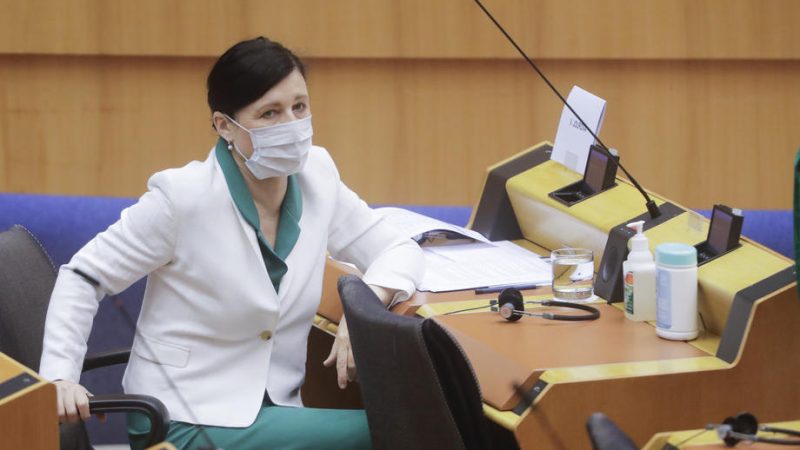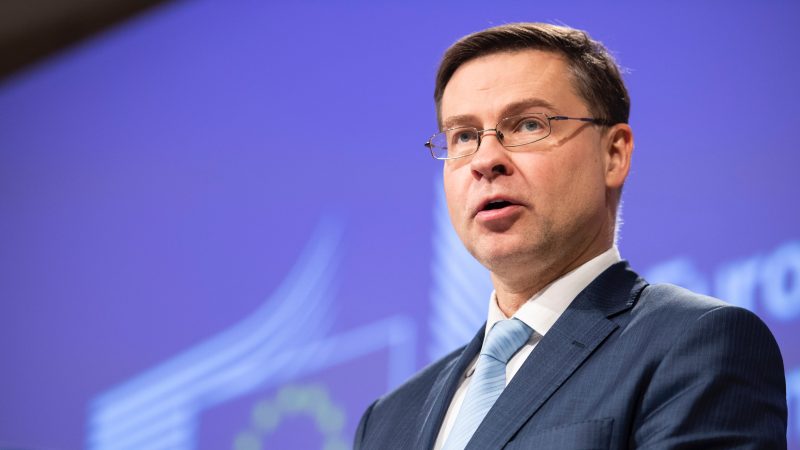Jourová: Commission looking at Hungary’s emergency changes to labour code and GDPR – euractiv.com

By Vlagyiszlav Makszimov The European Commission is examining Hungary’s emergency regime, including government decrees affecting the country’s labour code and the application of the General Data Protection Regulation (GDPR), Vera Jourová told the European Parliament on Thursday (14 May). “The Commission is monitoring the situation in all states, but in case of Hungary, I can reveal […]
Lire la Suite...